Driven by curiosity. Emboldened by the hype and hoopla surrounding it. One had always aspired to mark attendance at the Cannes International Film Festival. That it happened, at a hefty price, was a dream come true.
Making it to Cannes Film Festival is like undertaking a pilgrimage to Indian holy sites. For that matter going on Hajj to Mecca. Swamped amidst the sea of swarming cinephiles at Cannes, around the French Riviera,is as much as being at Kumbh Mela for the auspicious, holy dip.
It was overwhelming being at the hep and happening Festival du Cannes. Soaking in the colourful and festive atmosphere of the bustling town’s Boulevard de la Croisette, curving along the coast, lined with sandy beaches, upmarket boutiques and palatial hotels, and teeming mass of people, drawn from world over.
All hive of activity, humming with conversations, sniffing the waft of gourmet, delicious smells from kerbside bistros, watching men in black suits and bow ties, women in all their finest sartorial, haute couture best, wearing best in breed brands, sashaying along kerbside pedestrian catwalk, all, as if,a fashion show was on. All so ethereal and enticing.
What, however, was rather disappointing and disheartening was the bill of fare served in the festival’s main competition section – (In Competition or Film d’ouverture).
It was with an avid sense of expectation and excitement one believed the a la carte competition films fare would wow! you. The festival’s non competition Un Certain Regard (A Certain Glance/In Certain Perspective) though amply made up for this shortcoming.
Well, even this disappointment could have been ingested with a tinge of stoic acceptance and bitter tonic but for the fact that the online ticket booking system turned out to be a ‘farce’.
Especially, on the none too ‘privileged’ badge holder. If a freelancer, unattached and have no big ticket names to wear your institution on your sleeve, to tout your influential credentials, the worst.
Believe me. In all of the ten days I spent at the prestigious film festival, billed as the Temple of Festival of Cinemas,not even one day did I get to book the ticket/s of the day’s choice. However, quick and “fastest finger first” the booking game was, I simply could not book the tickets of my choice or preference.
Ever greeted by the message in Red reading:‘Complete. Access only with badge – If seats available.’ Or in Greyish Black:“Access by badge” whose purport one did not garner. When eventually one did, ever so late.
It meant it was exclusive to that particular badge holder. But one needed to stay in long queue. If lucky, one got through to watch the film. If not, it was hours spent twiddling one’s finger, crossing one’s feet, for no avail at all.
Imagine having to stand in queue for hours – come run or sunshine – eating crumbs, chikkis, titbits, or starving – with prayer on one’s lips for Dame Luck for small mercies if your were in the ‘last minute line.’ An unforgettable experience, this, having travelled thousands of miles hoping to watch films with modicum of ease, certainty, and preferably, of one’s choice.
God Forbid! I have never had to face such a situation in any of the film festivals I had attended before. And, mind you, I have attended plenty. This even after having paid a princely amount for the most coveted Marche du Film / Film Market Badge with media accreditation refused. The reason there were nearly 4,000 press persons expected to descend at Cannes. So? A lame and convenient excuse to favour and pamper the preferred lot, to say the least.
Short spells of drizzle, and ever growing shortage of tickets for favourite films coupled with heightened security, long walks from one venue to another, the French speaking volunteers not handy at all when information was sought, very officious, snaking through endless waiting queues turned dampener for diehards wanting to experience Cannes up, close and personal.
Be that as it may, a wise lesson learnt dearly. Coming to festival’s line up, In Competitionor Film d’ouvertureboasted heavy duty list of 22 films. The Un Certain Regard(A Certain Glance/In Certain Perspective) segment featuring18 films. In total, the two combined, featuring 40 films.
In Competition had the eventual Grand Prix winner from India – Payal Kapadia’s All We Imagine As Light. The way the press sang paeans and generated hype around, and about the film, right till the decision day, it was as if the grand jury comprising five women and three men, chaired by US actress-director Greta Gerwig,had their choice made for them, and eventually, had to perforce, reward the film.
In fact, Payal Kapadia, has been Cannes favourite having struck gold three years earlier too with her 92 mins campus ‘documentary’- A Night of Knowing Nothing.Ablatant political vitriolic diatribe against right wing BJP government and its policies, with the appointment of TV actor as chairperson as an excuse for the protest the campus witnessed. Other decisions of the government too such as citizenship act were conveniently criticised upon.
The Un Certain Regardhad Sandhya Suri’s Santosha familiar police procedural burnished with caste politics based typical thriller which however, did not make the grade, unlike Payal’s.
That 16 min end semester FTII Diploma Film Sunflowers Were The First to Knowby Mysuru based doctor turned film director Chidananda S Naik competing in the La Cinef (The Cinema) Section bagged the coveted First Prize doing India and Karnataka proud was, however, the only icing in the cake.
Be that as it may. While one was able to catch the first two films cited above but missed out on the diploma short, one could authoritatively say neither were worthy.
They faithfully followed the proverbial Bollywood template, each in its own way, with a dash of sex, nudity, and liberal pinch of lesbianism thrown in, which has become the statement making norm and a clever ploy lately among film makers to covet the jury’s discerning eyes.
Determined to catch as many as five films per day, one had to, however, be satisfied watching 25 films through the festival. Making it 13+12 apiece from the two showpiece sections. The booking fiasco not foreseen or having to woefully contend with.
From among 25 films one could catch up many were excessively voyeuristic and permissive fares. The Portugal film Grand Tour by Miguel Gomes being most embarrassing one of all. The eventual Palme d’Or winner Sean Baker’s Anorabeing the other.
As if to prove Indian film makerswere nowhere far from such adult adventure you had Grand Prix winner All We Image As Lightequally up to it with gratuitous sex scenes between its Hindu-Muslim romantic pair. That the film was valorised and compared with austere, auteur style of maestro Satyajit Ray’s Mahanagaris another matter and was shocking to say the least.
The Bulgarian film maker Konstantin Bojanov’s Shamelessset around a Delhi brothel and sex worker’s dalliance with forbidden relationship left nothing for imagination, with lesbianism at its core, point to films in both the sections of the premier film festival, where their priorities lay.
Many were in the commercial thriller genre mode rather than aesthetically done nuanced art house fares one traditionally expects at the film festival. Jacques Audiard’s Spanish musical melodrama Emilia Pérez, which won the Jury Prize and Best Actress award for four cast members, a case in point. Coralie Fargeat’s body-horror thriller The Substance, which won the Best Screenplay award, another mundane, meandering fare.
What struck a raw nerve was 77-year-old Paul Schrader’s confessional Oh Canada(a ranting shriveled and wrinkled Richard Gere) and 81-year-old David Cronenberg’s atmospheric dialogue driven drivel The Shroudswere just taxing to sit through to say the least. Joining their ranks was 85-year-old Francis Ford Coppola’s dystopian sci-fi Megalopolis. It seemed as if the past masters had all lost their youthful mojo and had been featured carried away by the reputation of their past glory.
Equally insufferable were the two of the most overtly political films in competition, Ali Abbasi’s exploration of Donald Trump’s rise to power in The Apprentice and Kirill Serebrennikov’s biopic of Russian right-wing extremist in Limonov – The Ballad. Not to mention Italy’s Paolo Sorrentino’s Parenthope a feminine epic whose langsam, lethargic pace was enough to put one to snooze.
Laetitia Dosch’s Swiss fare comedic Dog on Trial,trying to elicit guffaws about a canine in court with a dash of women empowerment thrown in as a subtext. For that matter France’s Céline Sallette’s Nikki the biopic on artist Niki de Saint Phalle,or Ariane Labed Irish horror thriller September Says, about two sisters were never really art house fare making one wonder about the choice of curation.
However, despite several minuses, you had few glittering diamonds that made your day at the 77th Cannes. These few and far between, ensured all was not lost, but that festivals come with their share of the good, the bad and the ugly and one must make do with them, for good or worse.
Among impressive lot In Competition section was Andrea Arnold’s coming of age Bird, that coveted you about a 12 year old pre-pubescent girl discovering oneself as she blossoms with age and her bonding with the birdman and some fine acting.
The superlative Danish real life saga The Girl With the Needle about Karoline, a young factory worker, striving to climb out of poverty in post WW1 Copenhagen and her horrendous misadventure with its infanticide theme.
Emanuel Parvu’s Romanian gay saga Three Kilometres to the end of the World in a traditional bound village which was quite impressive in its portrayal of the conflict between the modern and the tradition.
Besides the Iranian political thriller The Seed of the Sacred Fig by the exiled Mohammad Rasoulof which won the Special Prize in the main competition was the saviours in the In Competition section.
In the Un Certain Regard the section’s top winner Black Dog by Chinese director Guan Hu, highly politically surcharged drama about the displacement and development against the backdrop of 2008 Olympic Games in China.
Several of his earlier films and body of works have been really impressive and the Cannes winner a testimony to his cinematic acumen and narrative aesthetic in coming up with compelling stories.
The Norwegian show stealer Armand by Halfdan Ullmann Tondel set in an elementary school and the ‘supposed’ indiscretion of a young boy with another, the charming and captivating Latvian animation film Flow by Gints Zilbaldois about a cat’s adventure in the animal world.
It was enchanting and enriching experience to sit through them as they captivated you with their differentiated content and exploration of the themes at hand.
French director Boris Lojkine’s pulse pounding, timely and universal tale The Story of Souleymane of refugees and asylum, which rightfully bagged the Jury Prize, the FIPRESCI Award as well the Best Actor Award for non-actor Abou Sangare as a Guinean seeking asylum in France.
The Japanese children fable My Sunshine by Hiroshi Okuyama was also impressive with its soulful storytelling about a young school boy’s infatuation with an elder school girl.
Saudi newcomer Tawfik Alzaidi’s Norah, which received a Special Mention in Un Certain Regardabout the emancipation of women and individual freedom and expression to art,pointing to the liberal reforms sweeping across the Islamic Kingdom.
Last, but not the least, Mo Harawe’s soulful and heart wrenching Somalian fare The Village Next to Paradise, about a young boy and his single father as it follows the destinies of a family in search of a better life.
Well, with these two sections itself consuming your days at the film festival one had no possibility of checking out the other fares on offer – the Critics Choice, Out of Competition, Cannes Premiere, Special Screenings and the like.
That said and dissected, having tasted blood with the first encounter at the world’s third prominent film festivals –Festival du Cannes – one awaits another May encounter in the fervent hope that it would best the first one, despite all the misgivings about the selections and conduct and apprehensions it could be another encore. Until then though. Au revoir!
by

S Viswanath who is veteran Film Journalist / Critic & involved in various key capacities at many International Film Festivals circuits across the Globe also co-author of book ‘Random reflections: kaleidoscopic musings on Kannada cinema.

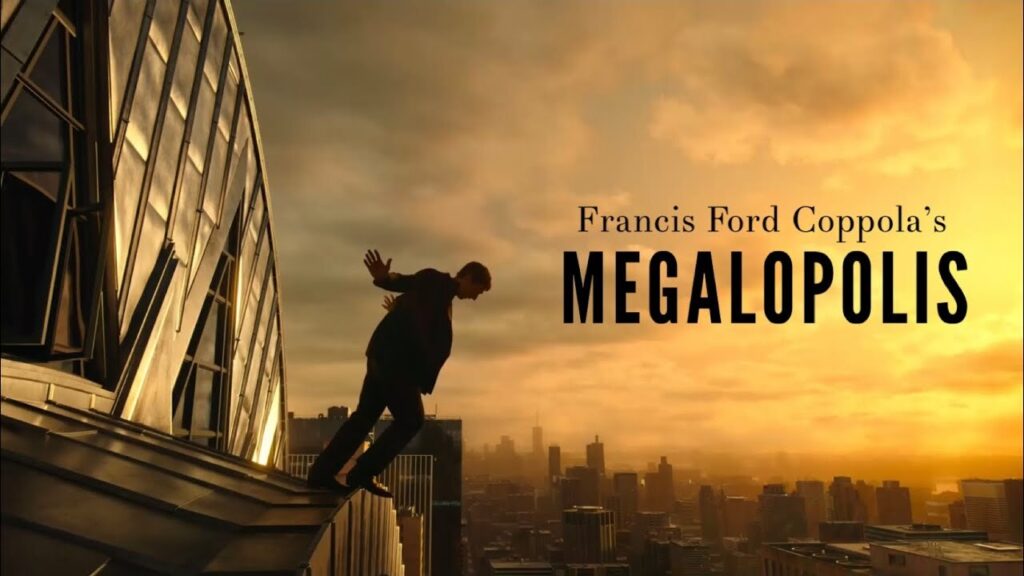

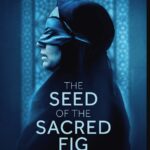

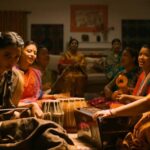




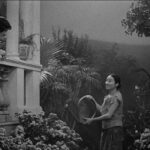
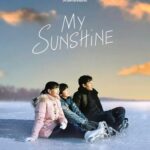




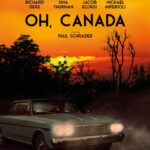



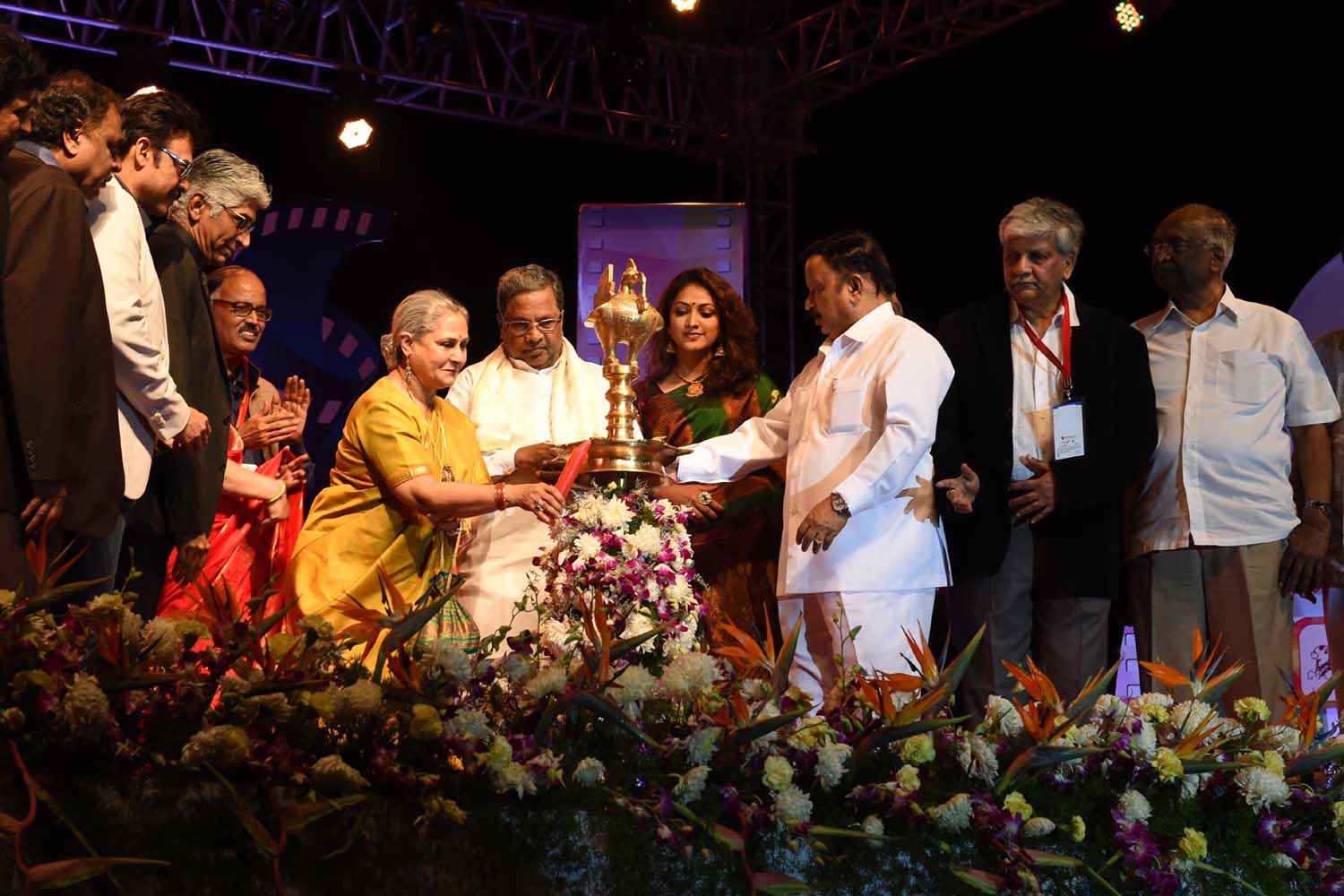
Leave a Reply